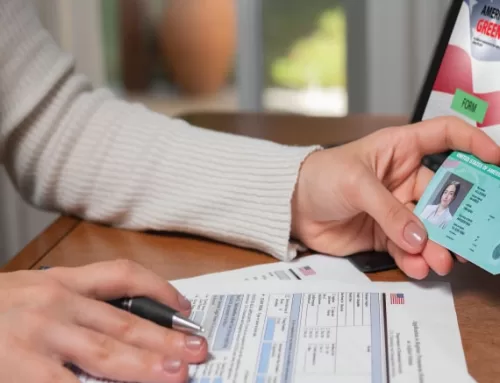UAE: Bounced Cheques Could Affect Credit Scores Despite Case Being Decriminalized

Many aspects are generally taken into account when measuring credit scores.
Despite the UAE’s decision to decriminalize cheque bounce last year, a senior official of Al Etihad Credit Bureau (AECB) said that bounced cheques do impact the credit score of individuals and businesses.
Speaking on the sidelines of a press conference on Tuesday, Marwan Ahmed Lutfi, CEO of AECB, said many aspects are generally taken into account when measuring the credit score of the people such as payment of utility and telecom bills, credit card and bank loan installments among others.
Starting January 2, 2022, bounced cheques were decriminalized across the UAE, except those issued in bad faith.
“We have 13 million individuals and companies and 24 million credit facilities in contracts in our database that form the basis of all of this credit score. We have 17 million IBAN accounts registered also as the database is linked to the Image Cheque Clearing System (ICCS) data from Central Bank,” said Lutfi.
Around 95 percent of people who purchase their credit score obtain the report through AECB’s digital channels website or app. The app has about 250,000 registered users.
Check the scorecard once a year
AECB chief noted that 24 million credit facilities and contracts are linked not only with banks but also with Etisalat, du, electricity and water companies, and courts.
“We encourage that everyone should check their credit score once a year because keeping in mind these are digital systems and banks have multiple systems on top of one another and they feed the data electronically. Sometimes, there might be some data that falls between the gaps or is misreported. Moreover, sometimes people forget closing credit cards and this issue stays there and they don’t make any payments, then it ultimately impacts their credit score and ability to borrow in the future.”
AECB chief noted that there has been a significant improvement in the retail sector in terms of default rates because a lot of banks and entities integrate with AECB that allowing them to make instant and correct decisions about the borrower.
“If you want to apply for a credit card, it gives you the ability to make an instant decision. In the past, it was difficult to know if someone has defaulted. People who score 300, they’re technically defaulters for multiple bounced cheques or missing payments over 90 days. This is a standard no-go for basically any lender,” he concluded.
Here are the following links related to this article:
The information contained in this presentation is for general informational purposes only related to any governmental updates.
We do not own such content and it is all credited to the news provider, Al Khaleej News.
https://www.khaleejtimes.com/




